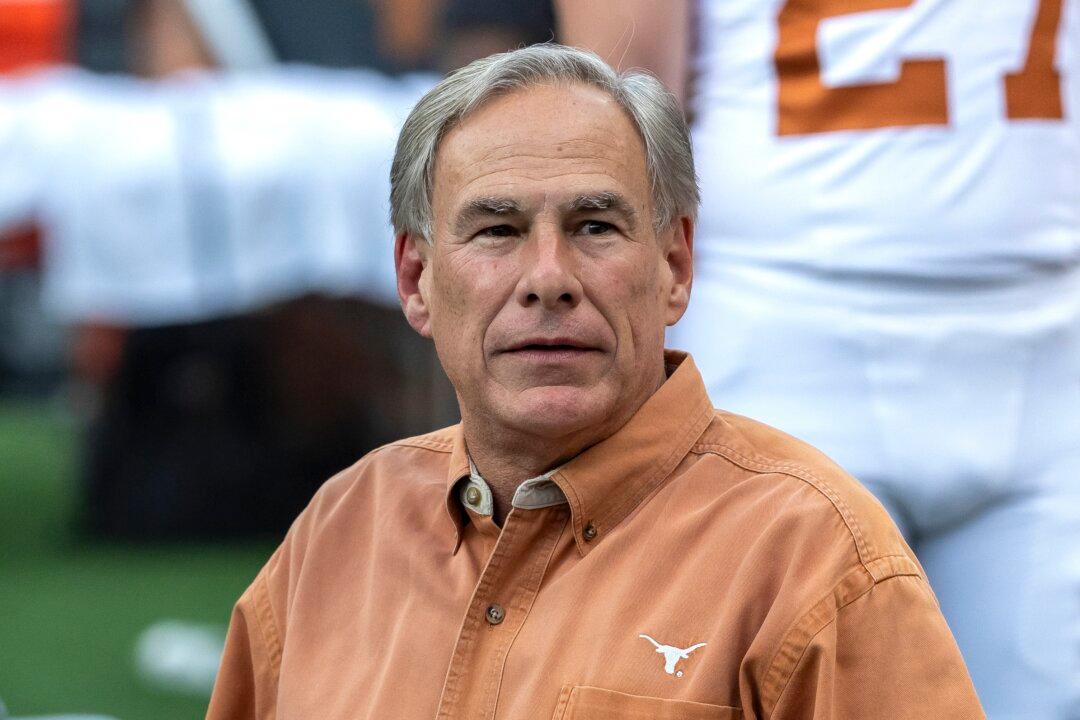The governor of Texas on Nov. 10 signed a bill that bars businesses from imposing COVID-19 vaccine mandates.
The legislation helps protect the right of Texans “to make their own decisions about what health care they want to access and what health care they want to reject,” Gov. Greg Abbott, a Republican, said as he signed the bill in Austin.





